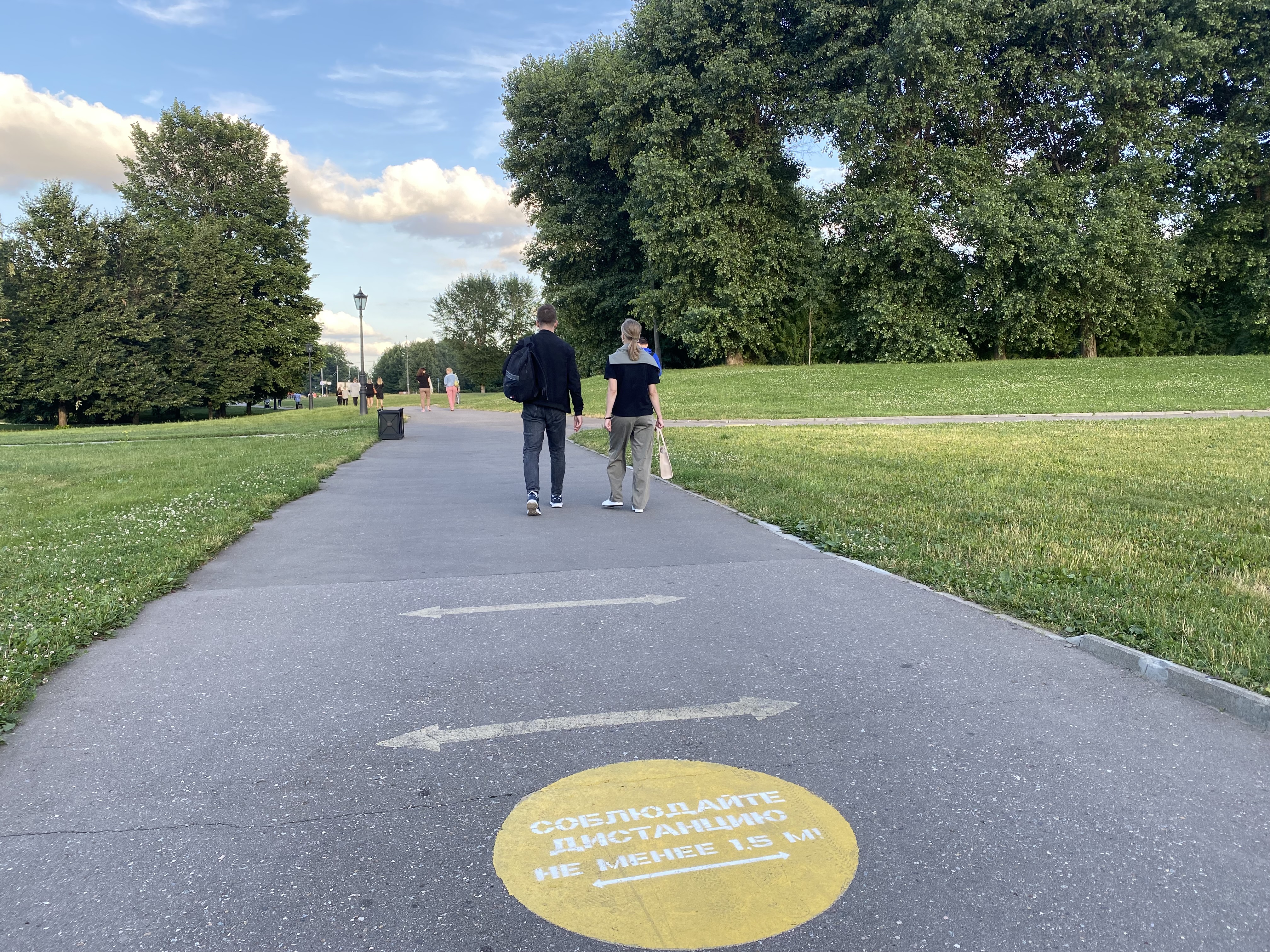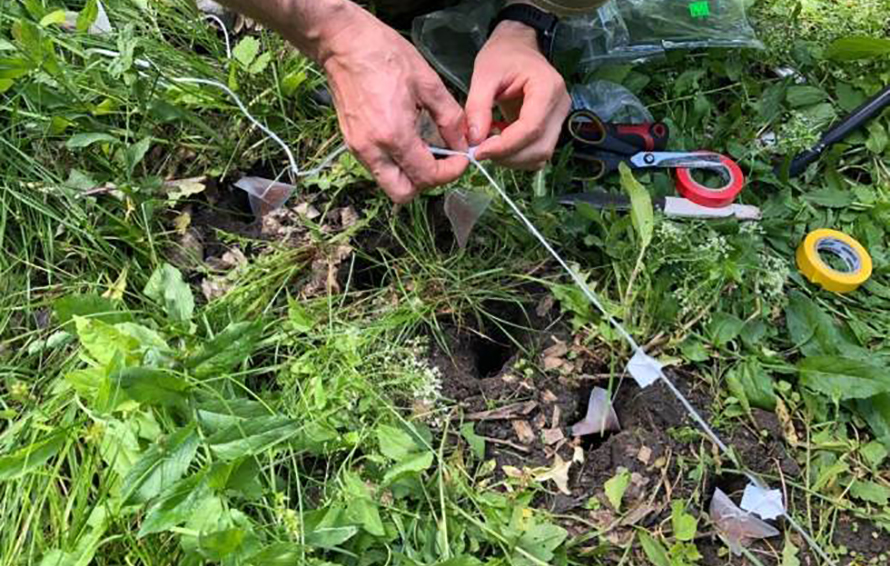SUN lab researchers in collaboration with Australian and German colleagues studied the role of contact with nature during and after COVID-19 pandemic in Moscow. Scientists from RUDN University, the University of Western Australia, Helmholtz-Centre for Environmental Research and Wageningen University conducted the research that aims to explore the pathways and implications of human-nature interactions during and after the COVID-19 pandemic and how health problems and pandemic challenges can be mitigated through contact with nature.
The finding will help to find out what novel actions and adaptation strategies can be established that can have positive outcomes for both humans and nature. The study was supported by the Russian Science Foundation grant; the results were published in the journal Land in May, 2022.


